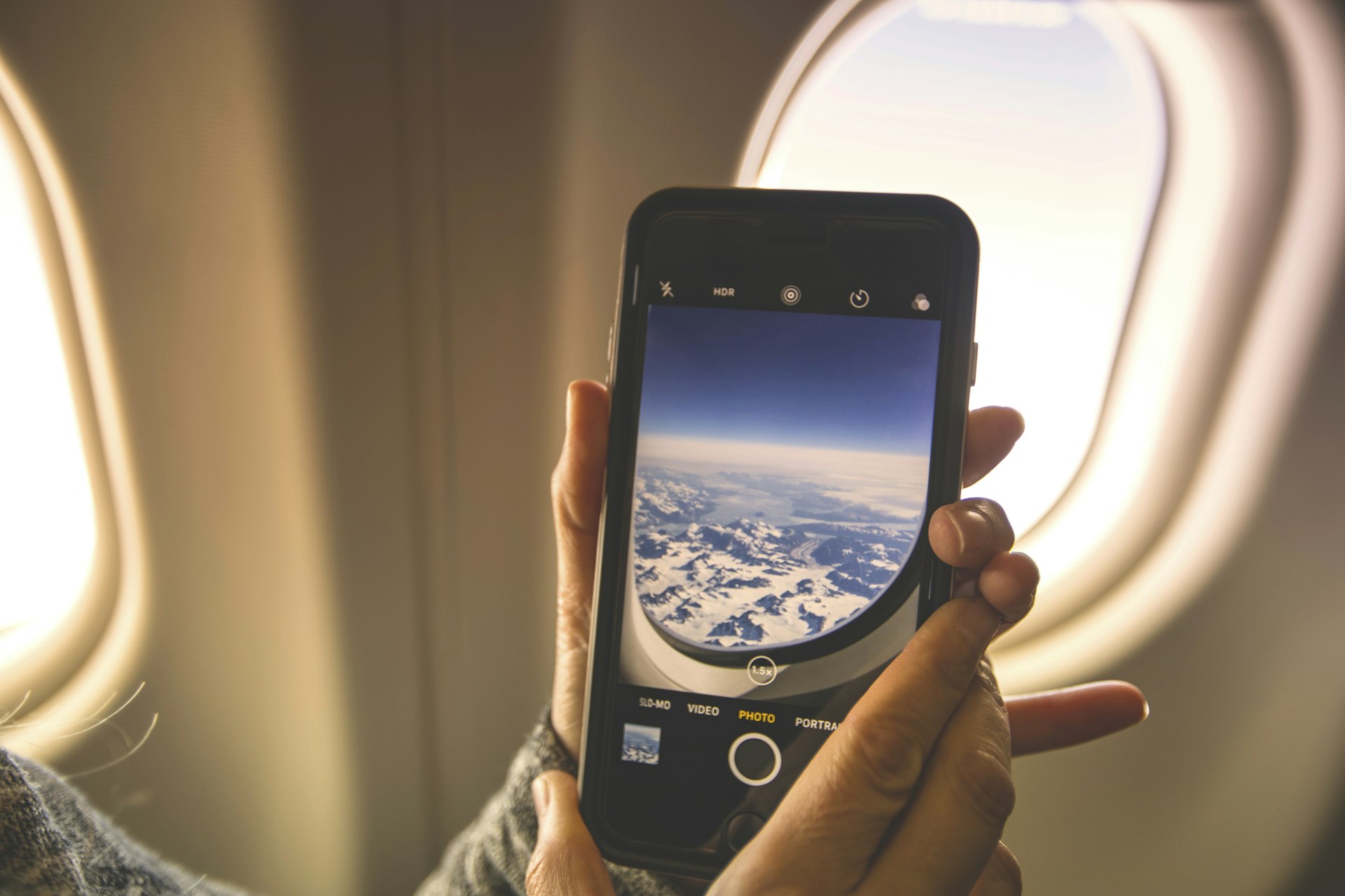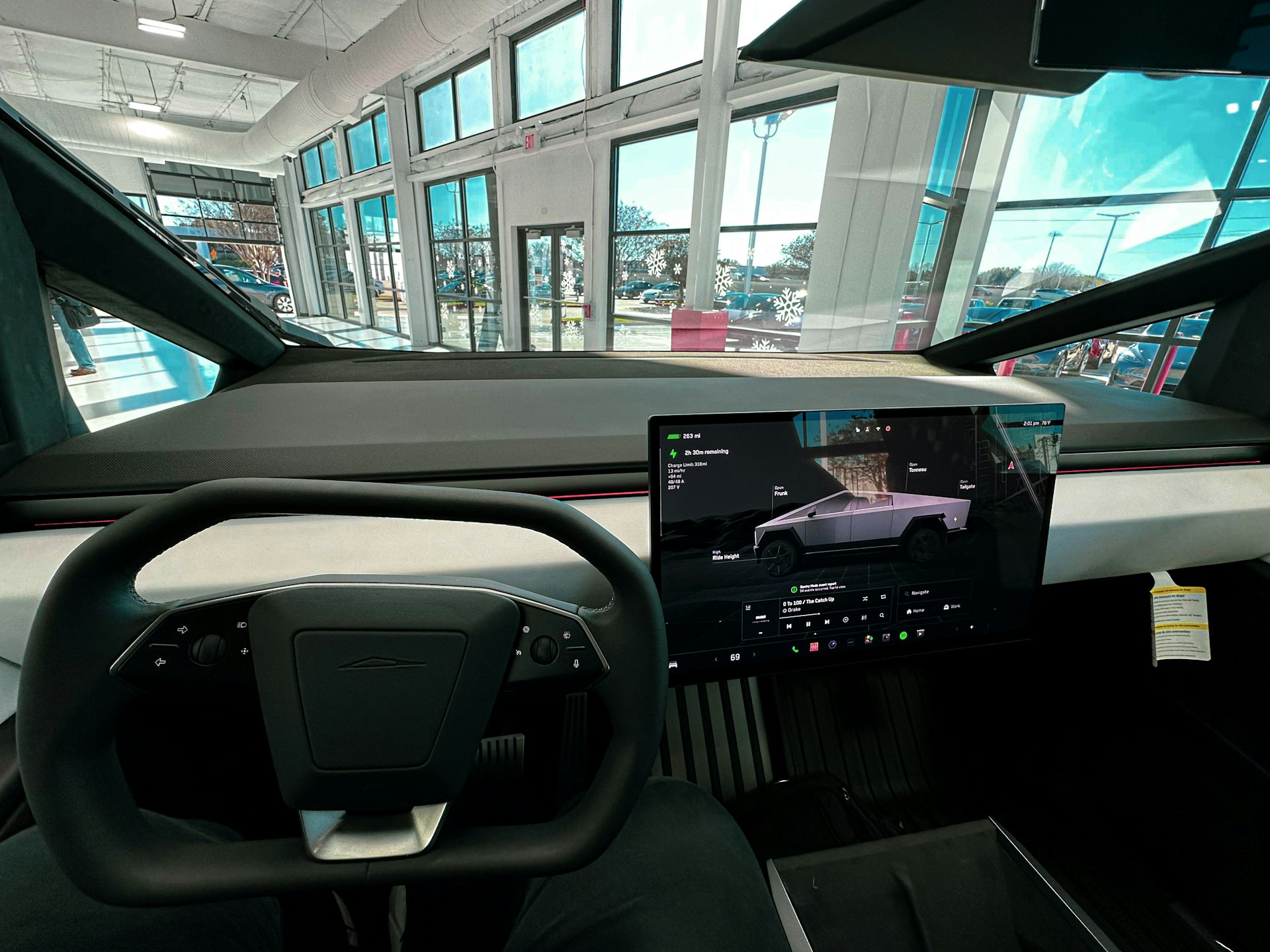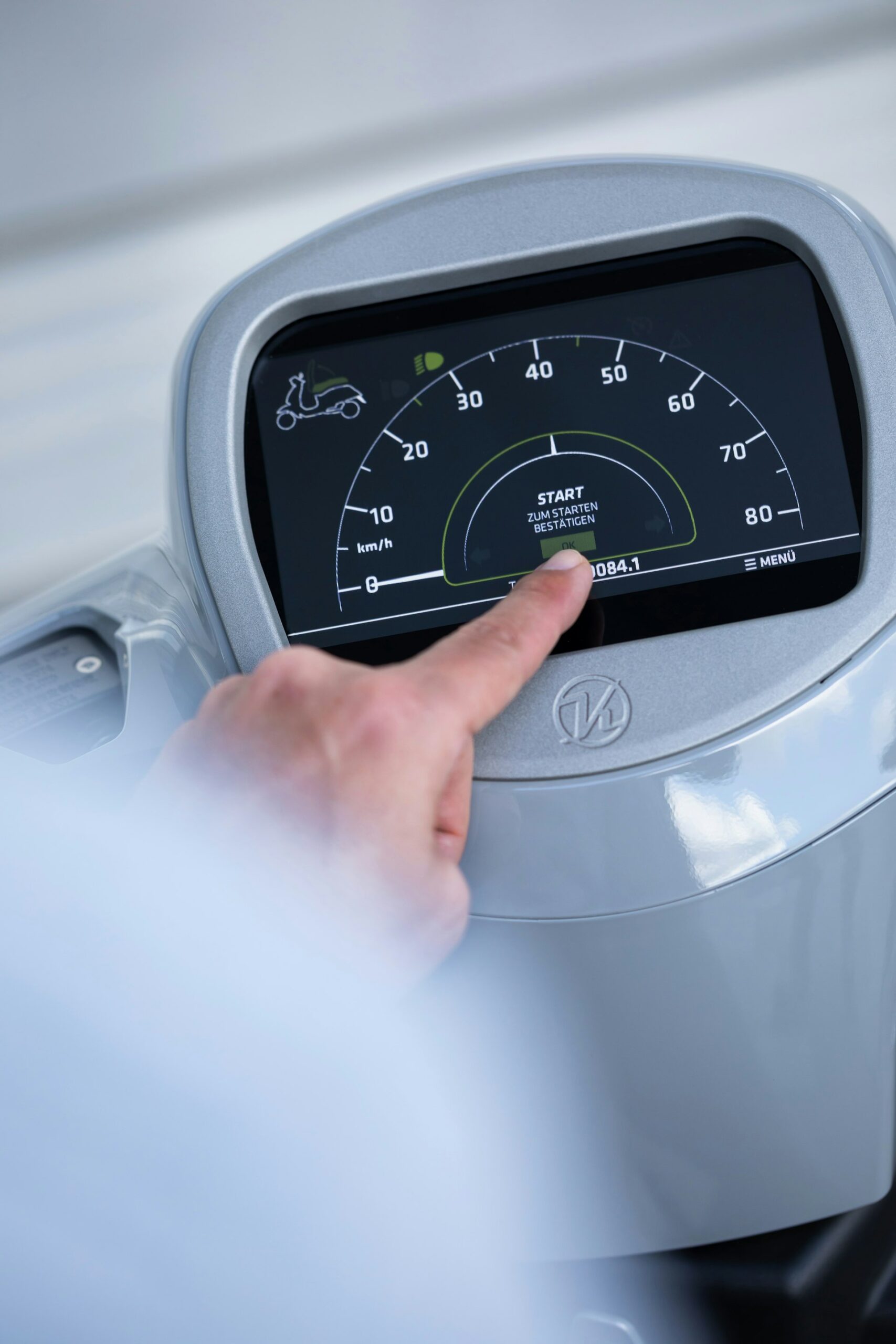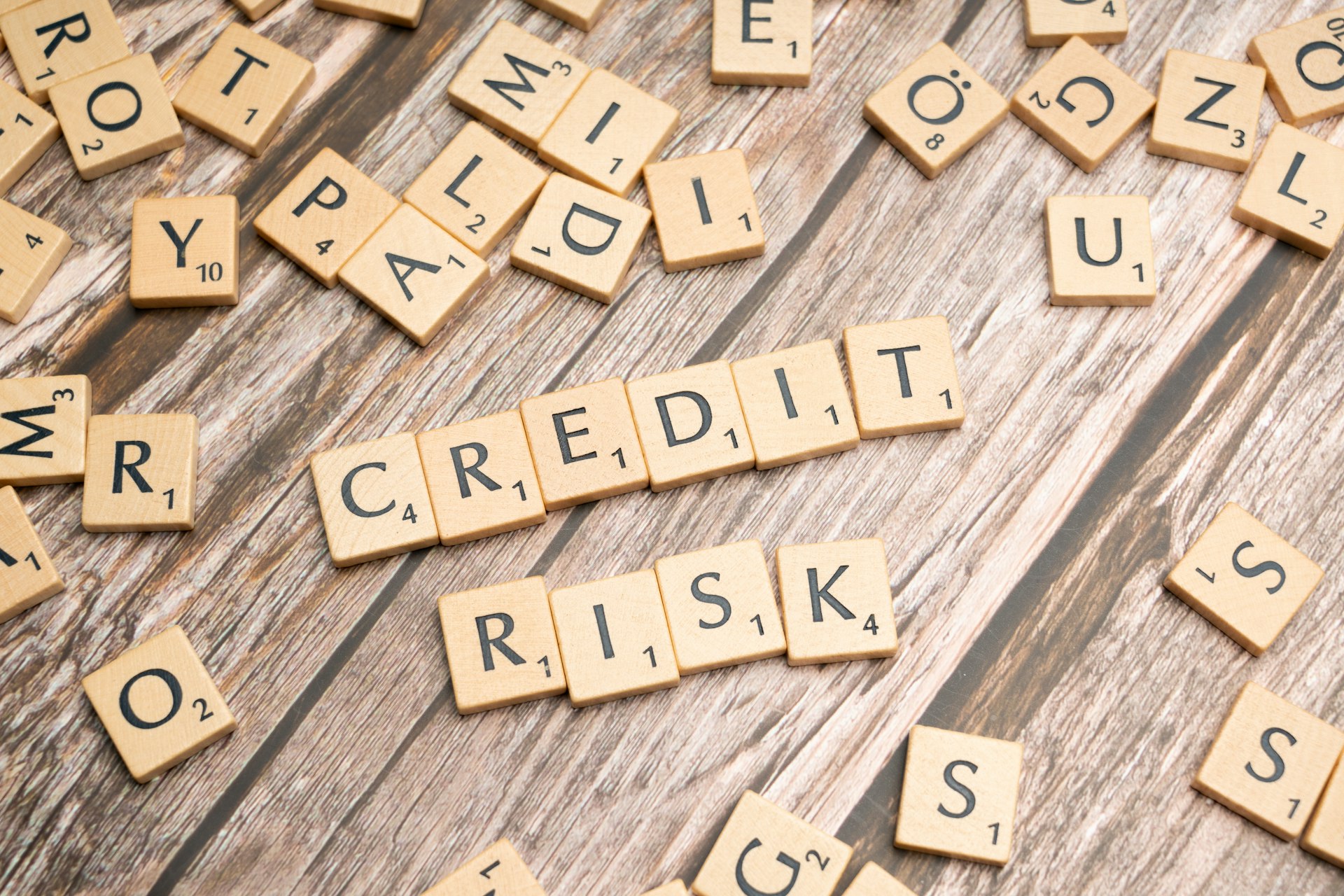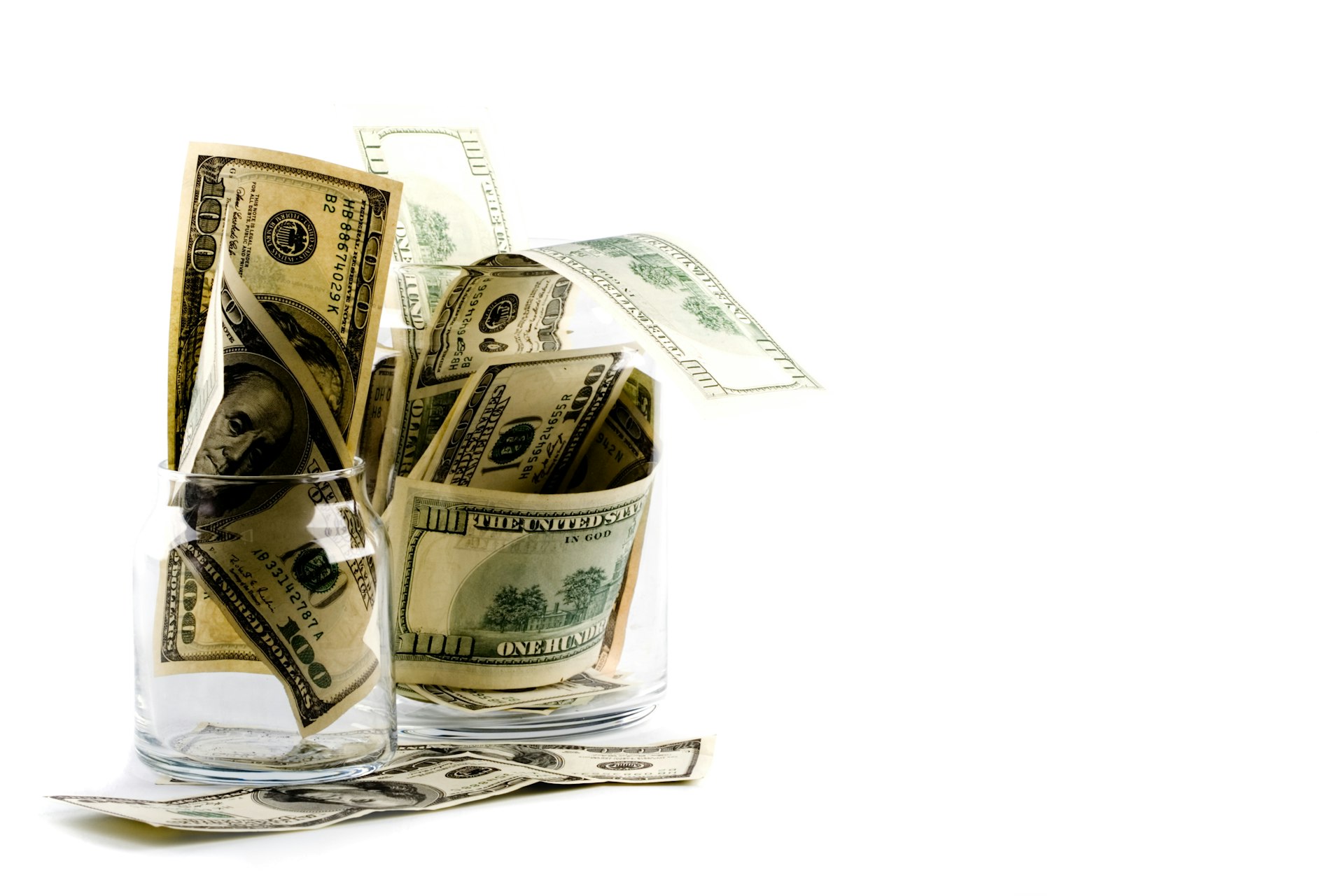Zero Waste Personal Finance: Sustainable Habits That Save You Money

Photo by Maria Kovalets on Unsplash
Introduction: Why Zero Waste and Personal Finance Go Hand in Hand
Zero waste living isn’t simply about environmental stewardship-it’s also a powerful way to streamline your personal finances. By minimizing unnecessary purchases, maximizing the utility of what you own, and rethinking your spending habits, you can reduce both your financial outflow and your ecological footprint. This guide explores actionable, step-by-step zero waste personal finance practices that can help you save money and live more sustainably.
Audit Your Trash: The First Step to Financial and Environmental Awareness
Understanding your waste patterns is foundational. For one week, keep a detailed log of everything you discard. Categorize these items-food scraps, packaging, single-use items, and more. [1] At the end of the week, review your log to identify patterns and areas where waste can be reduced. This simple exercise often reveals unnecessary purchases and overlooked spending habits, such as excessive takeout packaging, single-use products, or spoiled groceries.
Example: If you notice a lot of food packaging, you might be relying on convenience foods rather than cooking at home. Adjusting your habits can reduce waste and cut grocery bills.
Refuse, Reduce, Reuse: The 3 R’s for Savings
Adopting the zero waste mantra-refuse, reduce, reuse-can lead to significant financial savings. Start by refusing single-use and unnecessary items. Before each purchase, ask yourself if it’s essential and if a reusable alternative exists. [1] Reducing consumption not only minimizes waste but also prevents impulse spending. Finally, prioritize reusing and repairing over replacing. Invest in quality, durable goods that last longer and require fewer replacements over time. [2]
Implementation: Replace paper towels with washable cloths, use refillable water bottles, and bring your own bags and containers when shopping. Over time, these changes reduce your reliance on disposable items, saving money and resources.
Conscious Consumption: Shop Smarter, Waste Less
Intentional shopping is key to both zero waste living and sound personal finance. Begin by evaluating your shopping habits. Opt for unpackaged produce, buy in bulk when possible, and avoid products with excessive packaging. [2] Make a shopping list before going to the store, and stick to it. This curbs impulse purchases and ensures you buy only what you need.
Step-by-Step Guidance:
- Plan your meals for the week and create a corresponding grocery list.
- Shop the perimeter of the store where fresh, unpackaged foods are usually located.
- Bring your reusable bags and containers.
- Consider joining a local co-op or farmer’s market for bulk and package-free options.
Many communities offer bulk food stores or zero-waste shops; you can find these by searching “bulk food store near me” or “zero waste shop [your city].” If unavailable, look for stores with a focus on sustainability or bulk sections.
Reduce Food Waste: Save Money, Help the Planet
Food waste is a major household expense. By planning meals, storing food correctly, and using leftovers creatively, you can dramatically reduce waste. [4] Start by placing perishable items where you can see them and plan recipes to use up what’s on hand before buying more.
Example: Make vegetable broth from kitchen scraps or freeze leftovers for future meals. If you have surplus food, consider donating to local food banks or community fridges.
Step-by-Step:
- Inventory your pantry and fridge weekly.
- Plan meals around items that need to be used up.
- Store foods properly-leafy greens in the fridge, potatoes in a cool dark place.
- Use your freezer to save food before it spoils.
Donating food before it goes bad is another way to avoid waste and give back to the community. Search for “food bank near me” to find local donation options.
Energy Efficiency: Lower Bills, Lower Impact
Reducing home energy usage is a win-win for your wallet and the environment. [3] Small changes-like using LED bulbs, unplugging electronics, and installing smart thermostats-can add up over time. Check if your local utility provider offers rebates or incentives for energy-efficient upgrades. You can usually find these by searching for your utility provider’s name and “energy efficiency rebates.”
Example: Lowering your thermostat in winter and raising it in summer by just a few degrees can noticeably reduce your energy bills. Some states also offer rebates for upgrading to energy-efficient appliances. Visit your state’s official energy office website for details.
Second-Hand First: Save Big, Waste Less
Buying second-hand is one of the most effective zero waste personal finance practices. Search for clothing, furniture, and household goods on reputable platforms such as local thrift stores, consignment shops, or online marketplaces like Facebook Marketplace and Craigslist. [3]
Implementation Steps:
- Make a list of needed items before shopping.
- Check online marketplaces and local thrift stores first.
- Inspect items for quality and function before purchasing.
- Donate or sell items you no longer need to keep the cycle going.
Buying second-hand not only saves money but also diverts usable goods from landfills.
Budgeting for Zero Waste: Track, Adjust, Succeed
To make zero waste living financially sustainable, track your spending and savings over time. Use budgeting tools or apps, many of which are offered by traditional and online banks. [3] Evaluate your progress monthly, identify new opportunities to cut waste, and set realistic goals for further improvement.
If you’re unsure where to start with budgeting, search for “personal finance tracker” or consult your bank for available tools and resources. Many nonprofit credit counseling agencies also offer free budgeting workshops.
Overcoming Challenges: Tips for Long-Term Success
Transitioning to zero waste living is a gradual process. Start with one or two areas-like switching to reusable water bottles or meal planning-and expand your efforts as you gain confidence. [2] Don’t aim for perfection; focus on consistent improvement. If cost is a barrier, look for community exchanges, repair cafes, or freecycle groups in your area. These networks can provide low-cost or free options for acquiring and repairing goods.
If you encounter resistance from family or roommates, share your reasons and highlight the financial savings. Celebrate small wins and track your progress to stay motivated.
Summary and Next Steps
Zero waste personal finance practices are accessible and adaptable. By auditing your waste, making mindful purchases, reducing food and energy waste, buying second-hand, and tracking your progress, you can achieve significant savings while contributing to a healthier planet. Start small, stay consistent, and use available community resources to support your journey. Over time, these habits can help you build financial resilience and a more sustainable lifestyle.
References
[1] Freedom IQ (2024). Personal Finance Strategies for Zero Waste Living – Tips & Savings Guide.
[2] Ivy Charge (2024). Zero-waste living: A guide to a more sustainable lifestyle.
[3] SoFi (2024). Saving Money With a Zero-Waste Lifestyle.

Photo by Sticker it on Unsplash
[4] Going Zero Waste (2024). The Ultimate Sustainable Living Guide.
MORE FROM pulsefusion.org

